Anthroposophy has emerged from three varieties of contemplative practice. They unfold on the horizon of normal awareness, which they complement. These three varieties of practice are Imagination, Inspiration, and Intuition. Our normal awareness and understanding represent a fourth realm, that which is complemented. A special relationship exists between the active side of normal awareness and Intuitive practice.
Exploring the knowing of normal awareness, it reveals to be co-constituted by two activities: the content of consciousness and the one who is conscious. In turning toward them as two elements that exclude each other, the subtle band of time between them is obscured. Exploring this, we can shift our sense for their connection from a spatial register, wherein things exclude one another, whose proximity is always near or far, to a temporal register, wherein things change from one into the other. On a temporal register, the contents of awareness are constituted in part by interpretations that we sense as extensions of ourselves. On the other side, the search for ourselves leads us toward graspable elements of the world. We can characterize the separating register as spatial and the interweaving register as temporal. The former tends toward separation and the latter toward wholeness.
The spatial register is a fount of awakening. Through it we find consciousness, but we also learn the futility of all attempts at grasping the self. We find self-consciousness here, but we cannot take hold of it. When we say «I», we rest on our lived feeling of confidence in the ground of our being. The self is in silhouette and like a bold shadow, in essence, the contrast between light and dark. Viewed from this passive register, existence is represented as a matrix interwoven of independent things. It has the character of reflection, as self-presenting within the mirror of awareness. The self, however, is never presented – it is always felt as receptive when we seek to observe it. Oddly, it can be neither included nor excluded.
The attempt to raise this interweaving into the light, on this register, to become flame, is futile. Though it cannot be denied that the activity of the self leads to the emergent connection of things, it remains elusive. Trying to catch the light of the self, the net is empty. The self is, in a fashion, felt as no-thing in a world of things. The common ground of the interpretive activity of the self, which supports all things, dissolves after each step, leaving the interpreted stubbornly naked. One can look at the world-scape, but not as a part of it, and the part one has played on the path one has traveled disappears as one looks back. Where one has come from, one is unsure, and the pressure of the apparently self-subsistent world of things suggests the goal of life is beyond one’s influence. There is a tragic tone in this. One’s own understanding, by which one lives, is somehow at odds with this life itself. One’s own life articulates itself into a riddle. One becomes a sphinx.
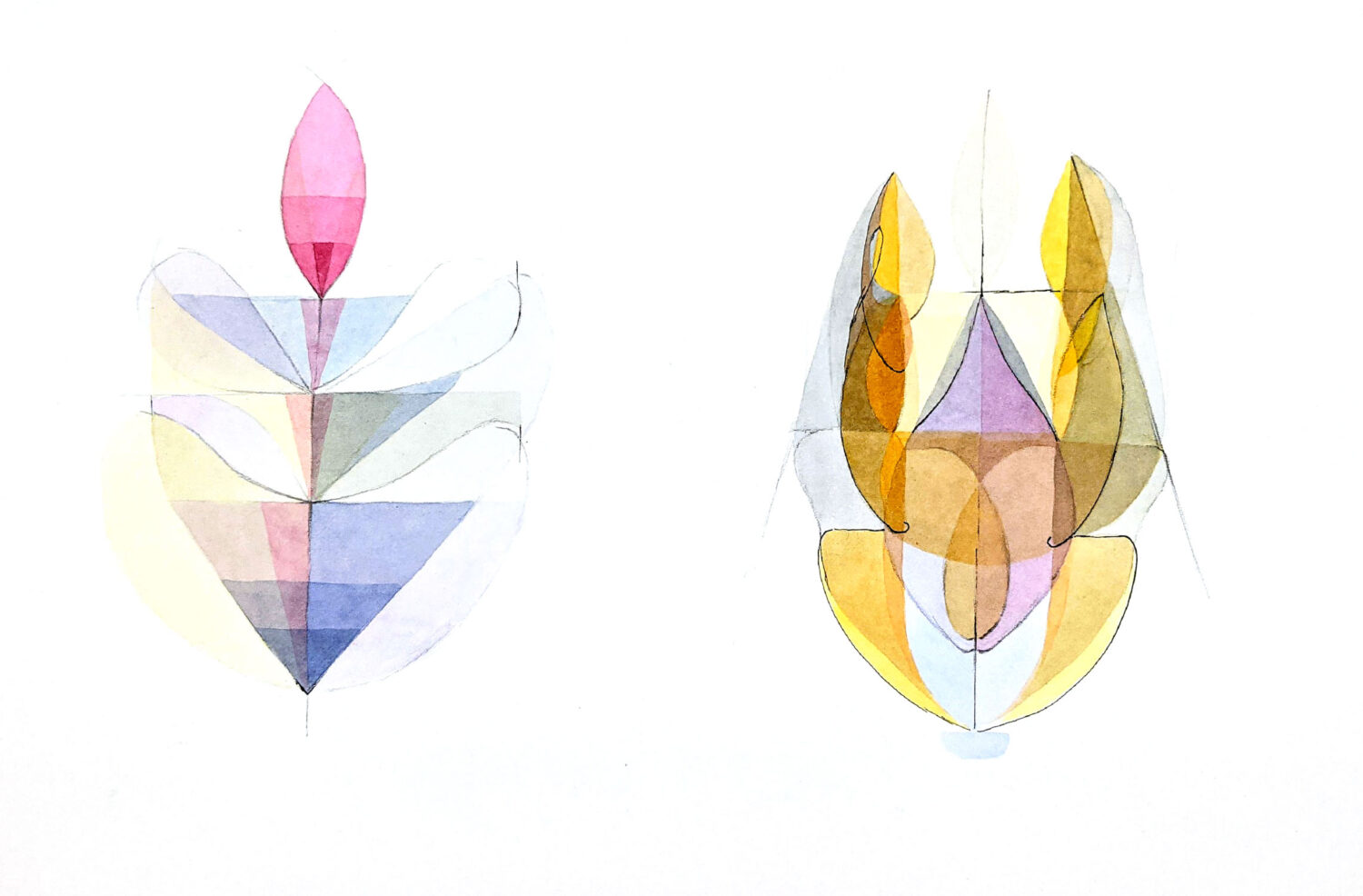
However, in normal awareness, we feel the self as a site of emergent playful or concentrated interpretive meaning-making. Turning toward it on a passive register leads to its disappearance. Our face is thrust into the ocean of things, though it is of the river of life. If we focus not on the content of consciousness, but on the activity of emergent meaning, the movement of time irradiates the field of space. Most brightly illumined is the interpretation at hand, which we feel is before us while unremoved from the lap of creation. Here, the shadow of the I, which presents itself in silhouette form, is expanded into a living agility. This extension is not only lively, and super-conscious, but an ethical dynamic suffuses it. One can say that it is untouched by the separations of the spatial register, though self-awareness endures. The center of this experience of the self defies both spatial characteristics and temporal characteristics, though it is not devoid of meaning. It is characterized by a tone of simultaneity. Here, meaning is a poor term, in its common stripped-down form, relating to something informative, or a thin apprehension of law or principle. In this sense, abstract interpretations are to these ethically infused orientations what contents of consciousness are for passive self-awareness. The felt void in the possibility of our participation in becoming, which arises on the passive register, recedes when freely and actively grasped ethical ideas become motives and shape our lives. In the realization of ethical motives, grasped as thoughts, the living dimension of normal awareness finds its form: Life evolving existence through meaningful moral action. While arising for us in time and space, it is inhabited at its center, where the self is at home, by a meaning not contained in these. This is conscious union with a spiritual being, or, Intuition.
These are characterizations of Intuition on the active side of normal awareness. The description may seem very unusual and hard to square with “normal” awareness. The reason for this is that the art of observing and the art of thinking and articulation are intertwined. It is not possible to grasp intuition, which is accessible for normal consciousness, though often undervalued or overlooked, with unreflecting cliché’s, common phrases, habits of speech, and thought. This is especially true given the tone of contemporary discourse, which is dominated by the spatial register.
This most accessible experience of intuition, on the active margins of daily consciousness, is qualitatively identical to intuitive contemplative practice directed toward other spiritual beings. This is not to say that it is just as accessible. The form and register of the experience is the same while access is further removed. Yet the appropriate setting of expectations, and understanding of the grain and texture of Intuitive spiritual perception and knowledge, is made possible in this spiritual foyer. Today there is an urgent need to find the courage to seek a renewed understanding of existence in this way and to challenge the materialism that is indigenous to the passive register of our normal awareness. This is of central importance in all that is arising from the anthroposophical movement and for all fields of life.

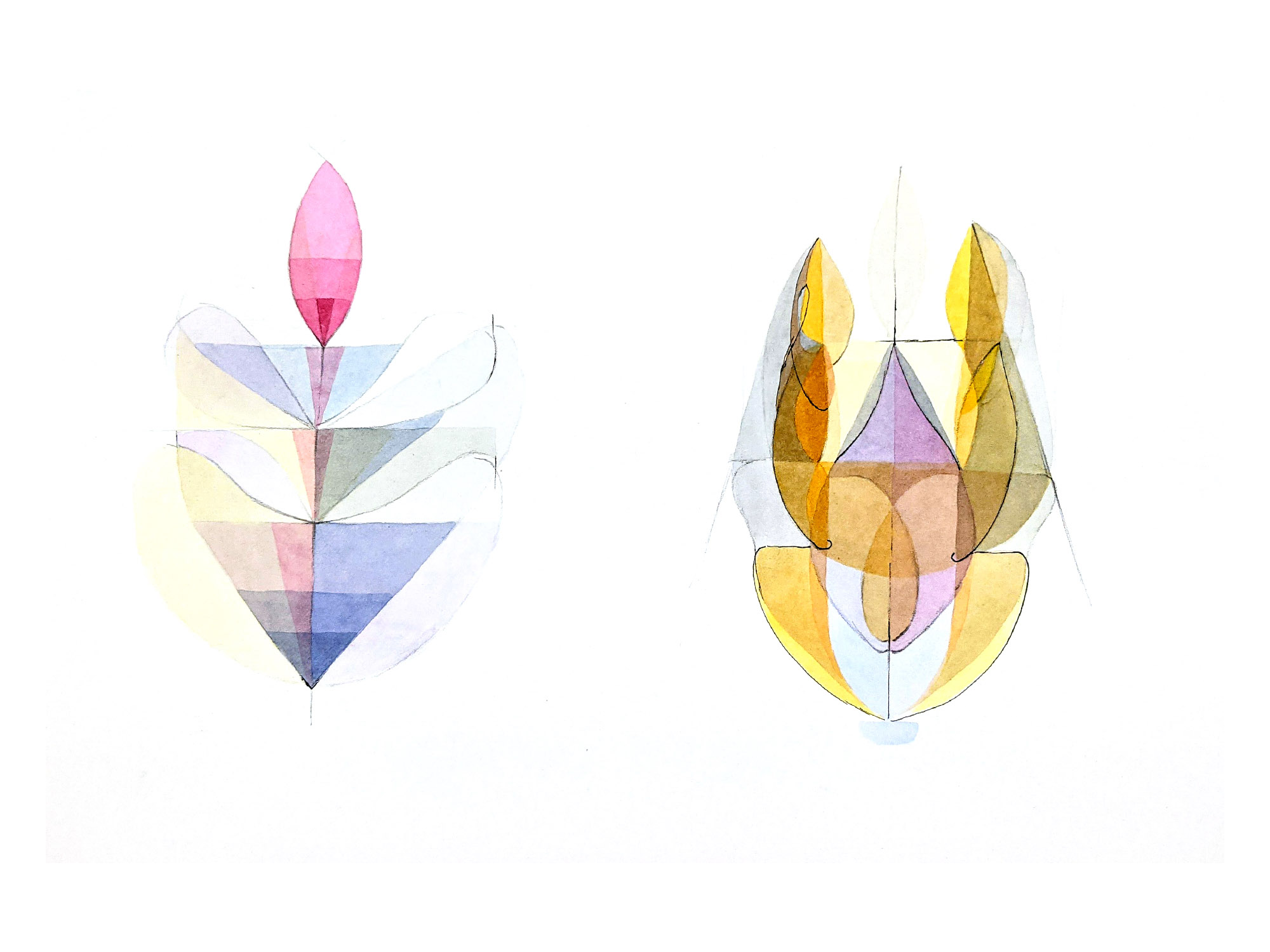

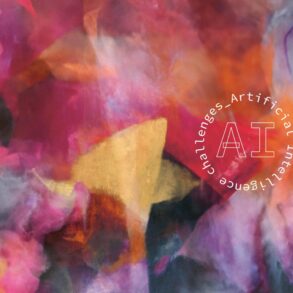

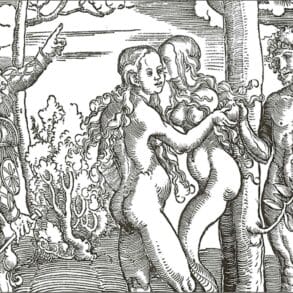
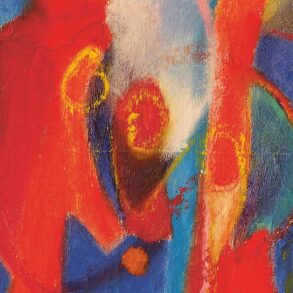
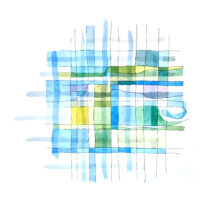


Wow! not often that such a conglomeration of eloquent words engendered such a flood of imagination inspiration intuition in the mind of a fellow traveler .. my deepest most heartfelt gratitude to you Nathaniel.